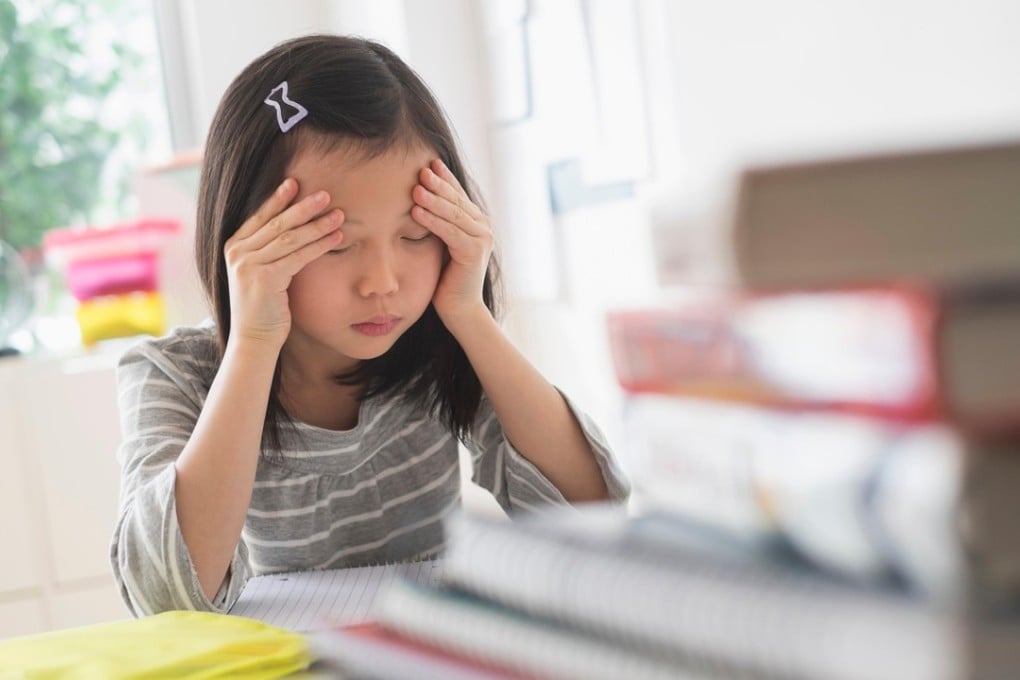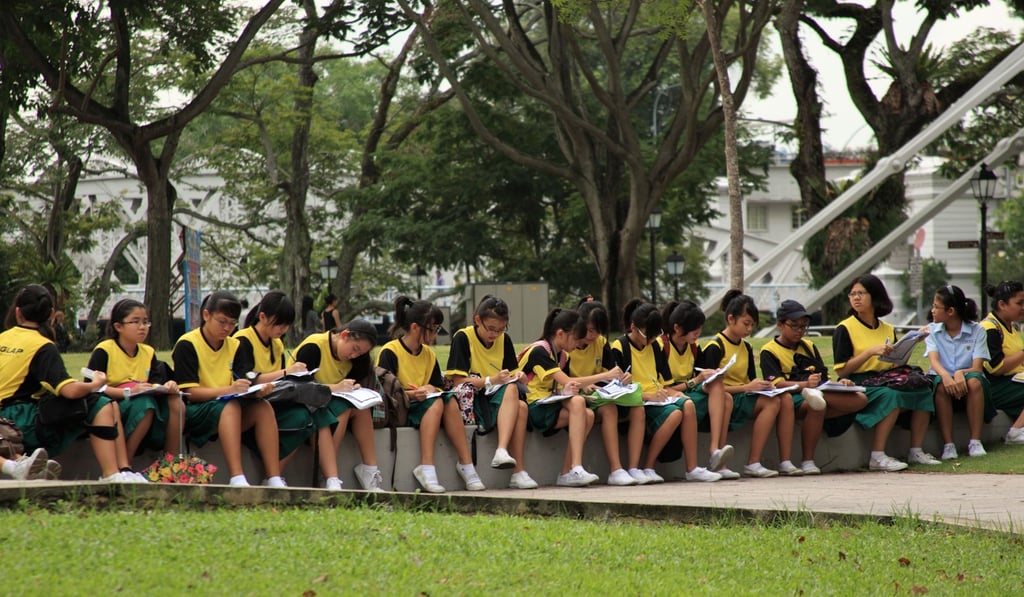The downsides to Singapore’s education system: streaming, stress and suicides
The country’s school system is geared towards high achievement in exams, but the emphasis on rote learning and memorisation, combined with pressure to succeed, affects children’s social skills, health and overall happiness

Singapore’s education system is reputed for producing children who top the world rankings in standardised tests. The city state took first place in the last Pisa (global education rankings.
Run by the Organisation for Economic Co-operation and Development, Pisa tests, conducted every three years, are intended as a measure of problem-solving and cognition. Yet Singapore’s superiority in the rankings may be coming at an equally high price.
Hong Kong not equipping students for the future as well as Singapore or South Korea, study says
Children in the Lion City experience high stress levels from primary school as a result of competitive pressure from schools and parents. It’s arguable whether the perfect scores produce adults who are critical thinkers or merely rote learners, and concerns have been expressed about a lack of development in behavioural and social skills.

The problems inherent in Singapore’s education system will be familiar to Hongkongers. Both cities have large class sizes, are highly competitive, and focus on rote learning and test results, with a culture of extracurricular private tutorials.
To prevent teen suicide, cap number of hours Hong Kong pupils study, group urges
Hong Kong’s student suicide rate is also cause for concern. A report commissioned by the government, made public early this year, revealed that 71 students took their lives between 2013 and 2016.